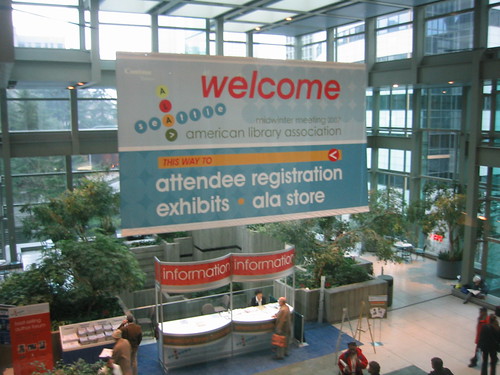It’s been a week since I last got up the gumption to post here, mostly due to the ongoing issues with WP2.1. I’m a HUGE WordPress fan, and have been using it for this very blog since 1.3 or so. The additions to 2.1, for the most part, are welcome and needed, especially the auto-save feature. But it required far too much of my time figuring out how to get my links back into shape (they killed certain php calls in the code), and I still haven’t gotten my byline happy.
The byline on my site was being ran by having a random named link called from the links function of WP…things like “where no one notices the contrast of white on white” and “it’s the one that says Bad Motherfucker on it” were randomly inserted below my title. But now, because they’ve broken the title_li php function in their code, I can’t surpress the “Byline” heading of the category when I try and place the links there.
In all, it’s been very frustrating.
But, good things are coming. I’m on the way (tomorrow!) to Vegas, Baby!, for a much-needed vacation. So expect some pics and stories (well…some stories). Also, I’m working on an interesting analysis of the first foray into Podcasting by myself and my buds over at LITABlog…some cool stuff there as well.








